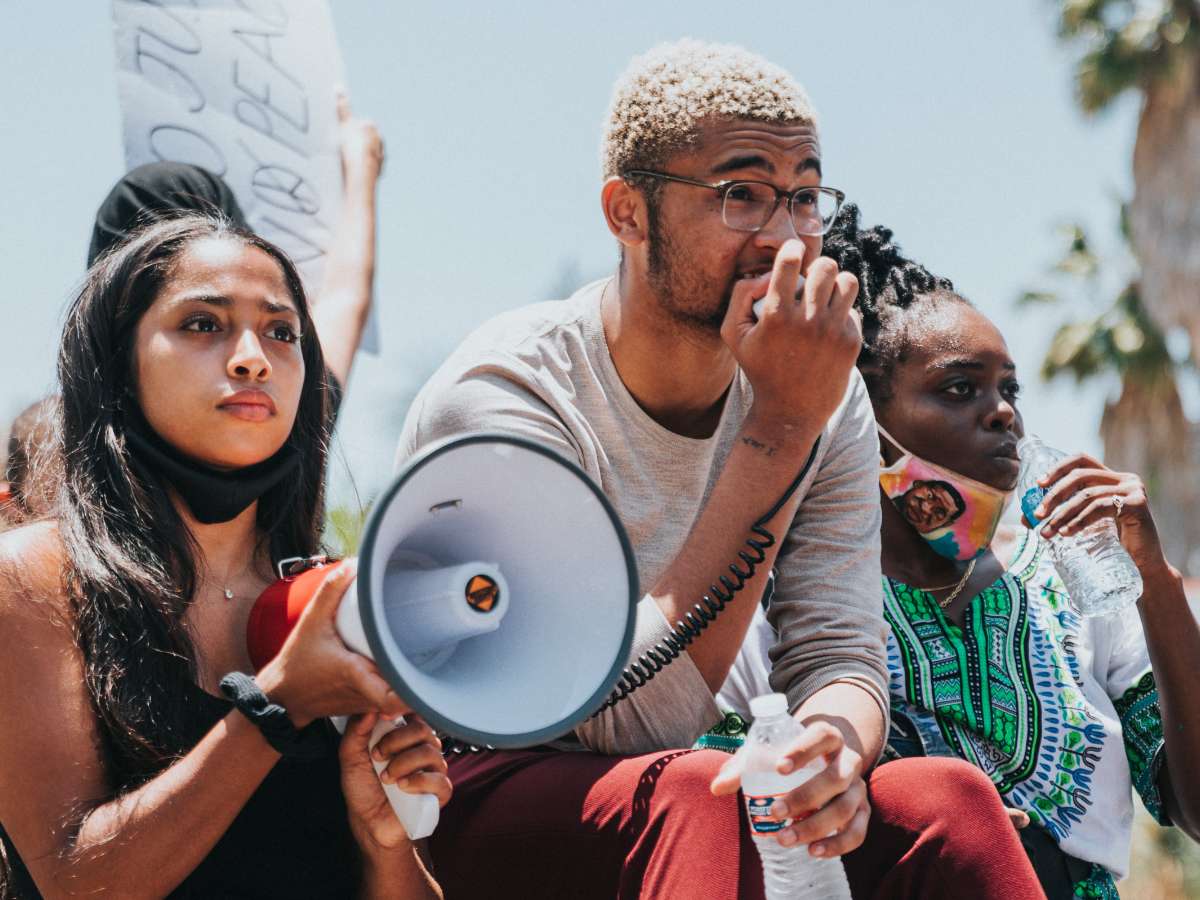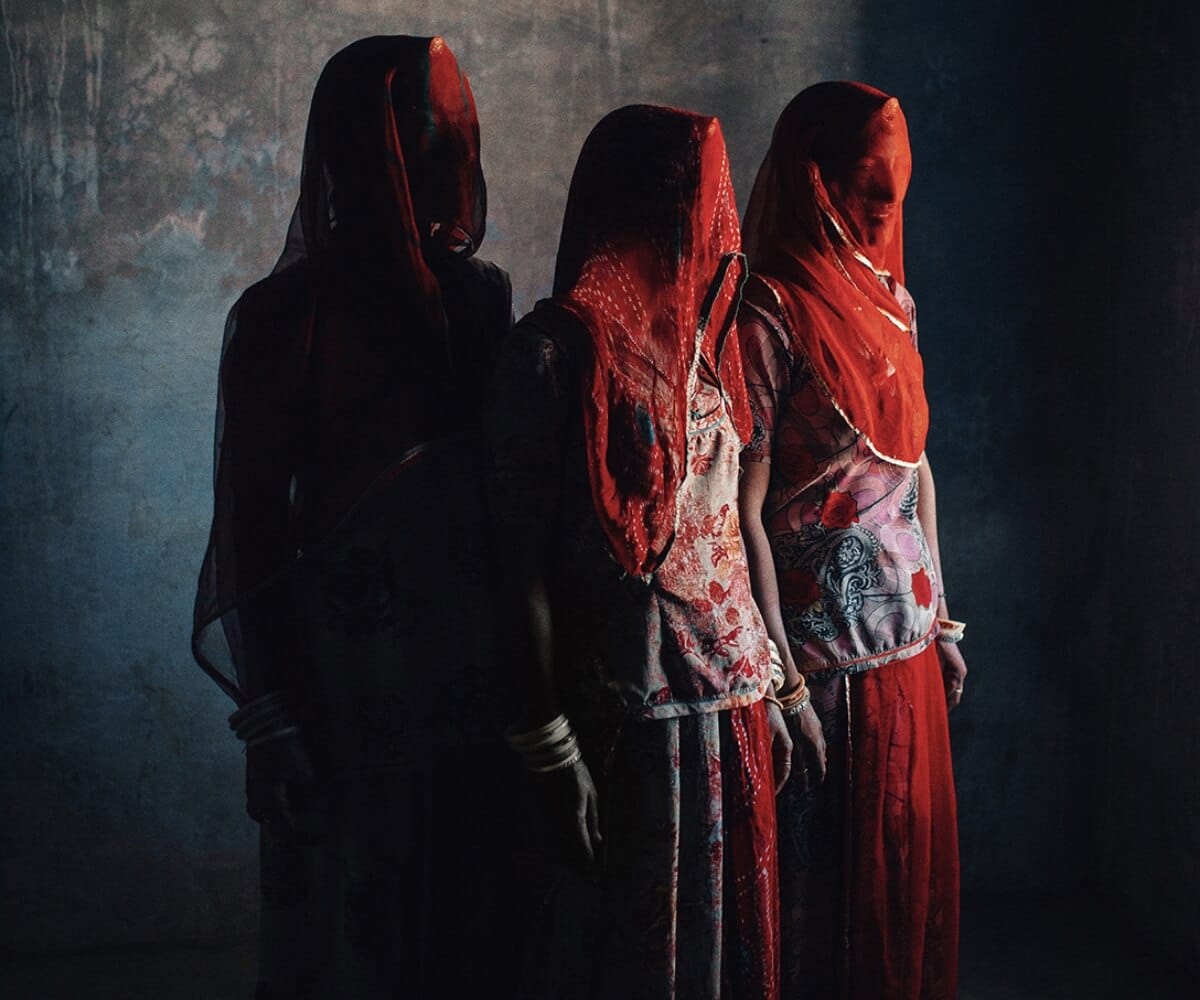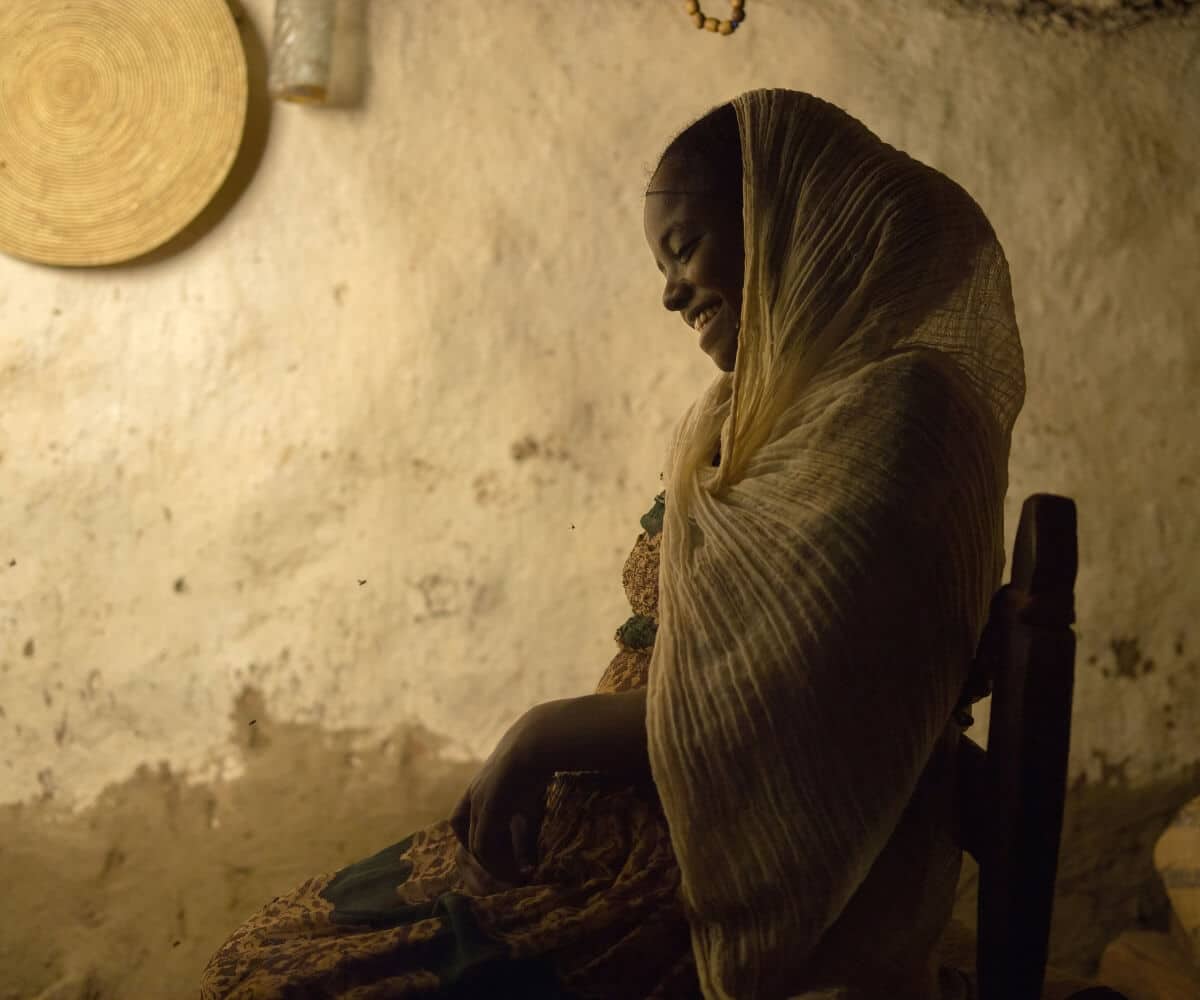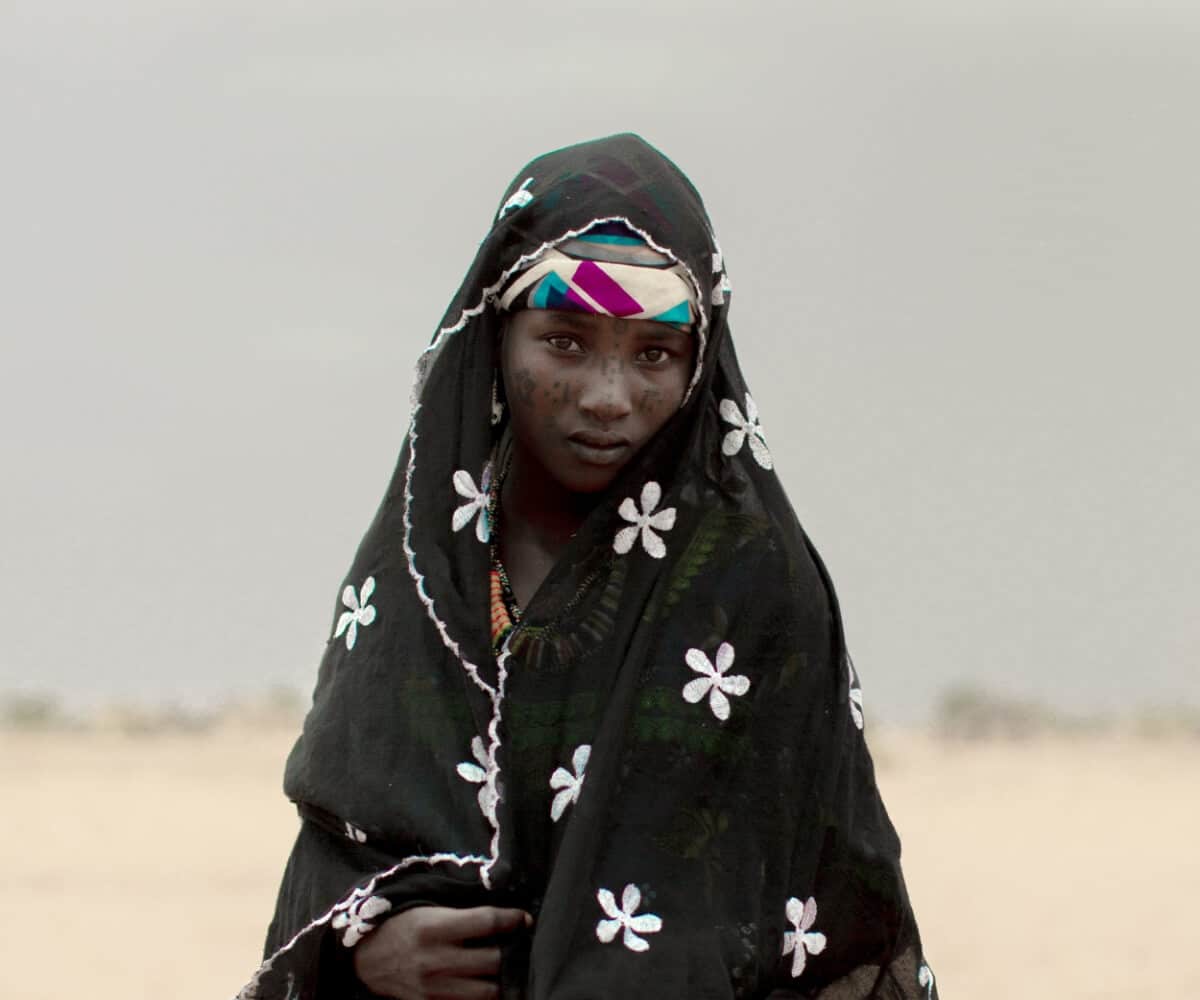Strengthening Municipal Governance
About Afesis Corplan
Afesis-corplan is a progressive, non-governmental organisation that has contributed to community-driven development and good local governance in the Eastern Cape since 1992. Registered as a not for profit Company, Afesis-corplan operates under the governance of a capable Board of Directors. Eighty percent of its staff have professional and postgraduate qualifications and ninety percent come from historically disadvantaged communities.


0
R 0 M


0 M
0
Non Governmental Organistion
Promoting active citizenship and good governance
Time laps
A Story To Our Journey

Collaborate with team members to rise
The world calls for, and expects from us, simplicity of life, the spirit of prayer, charity towards all, especially towards the lowly and the poor.When someone does something that.
They really have a choice. Maybe what I mean to say is did they really have a chance. Harness the power of social media to spread.

Collaborate with team members to rise
The world calls for, and expects from us, simplicity of life, the spirit of prayer, charity towards all, especially towards the lowly and the poor.When someone does something that.
They really have a choice. Maybe what I mean to say is did they really have a chance. Harness the power of social media to spread.

Collaborate with team members to rise
The world calls for, and expects from us, simplicity of life, the spirit of prayer, charity towards all, especially towards the lowly and the poor.When someone does something that.
They really have a choice. Maybe what I mean to say is did they really have a chance. Harness the power of social media to spread.

Collaborate with team members to rise
The world calls for, and expects from us, simplicity of life, the spirit of prayer, charity towards all, especially towards the lowly and the poor.When someone does something that.
They really have a choice. Maybe what I mean to say is did they really have a chance. Harness the power of social media to spread.


